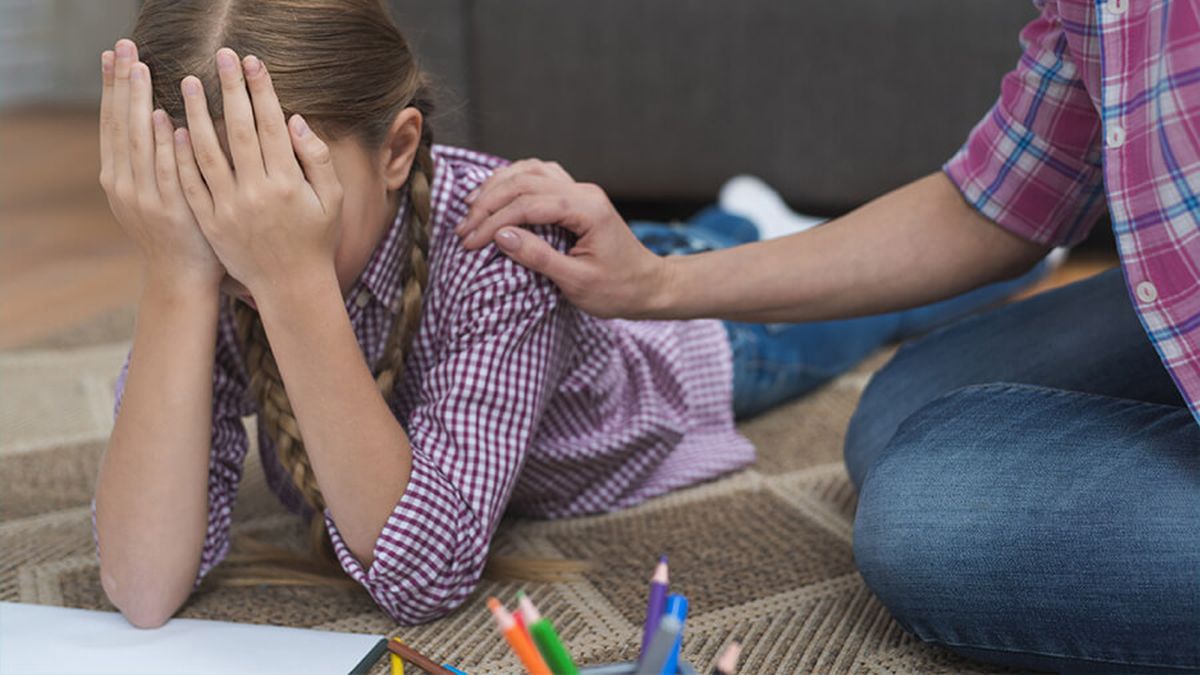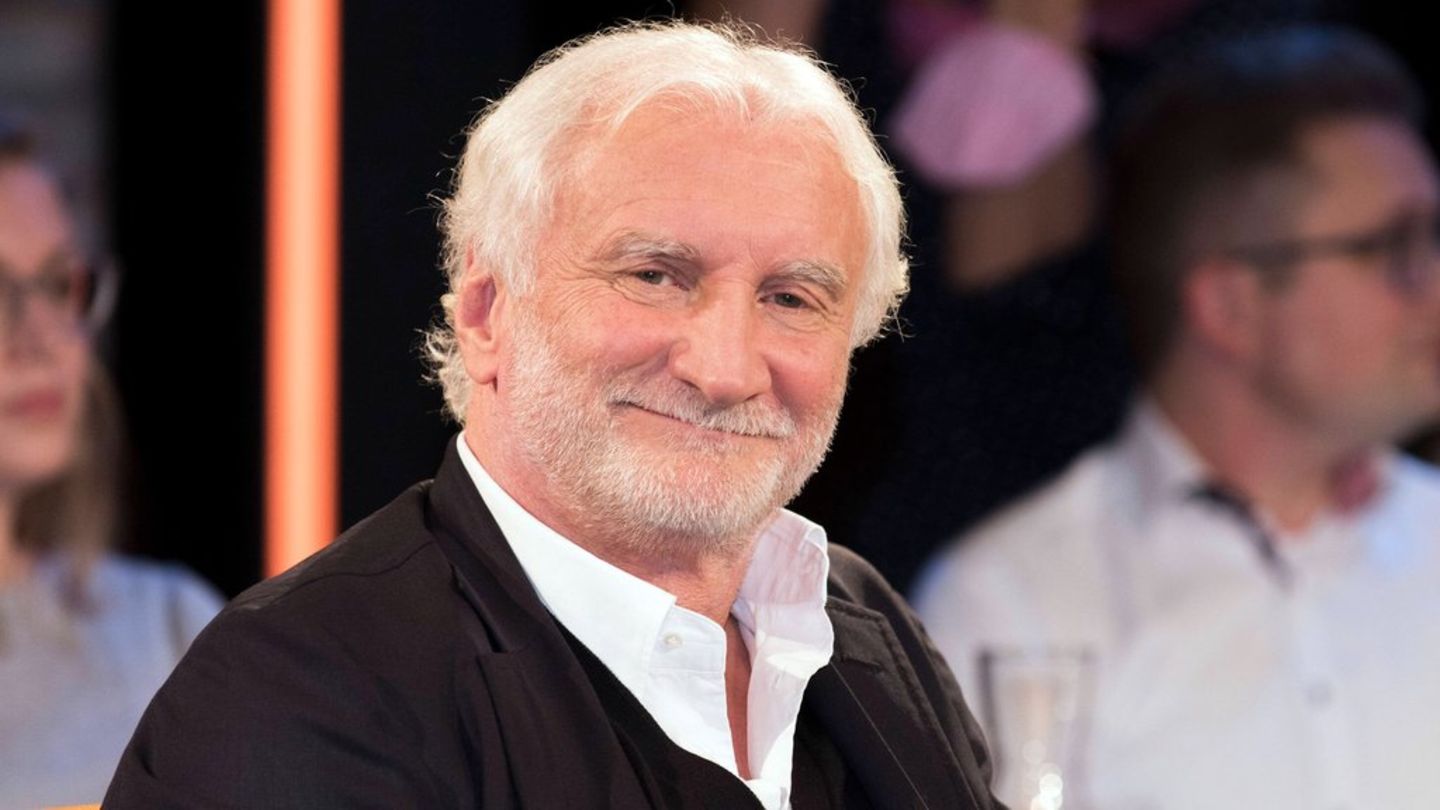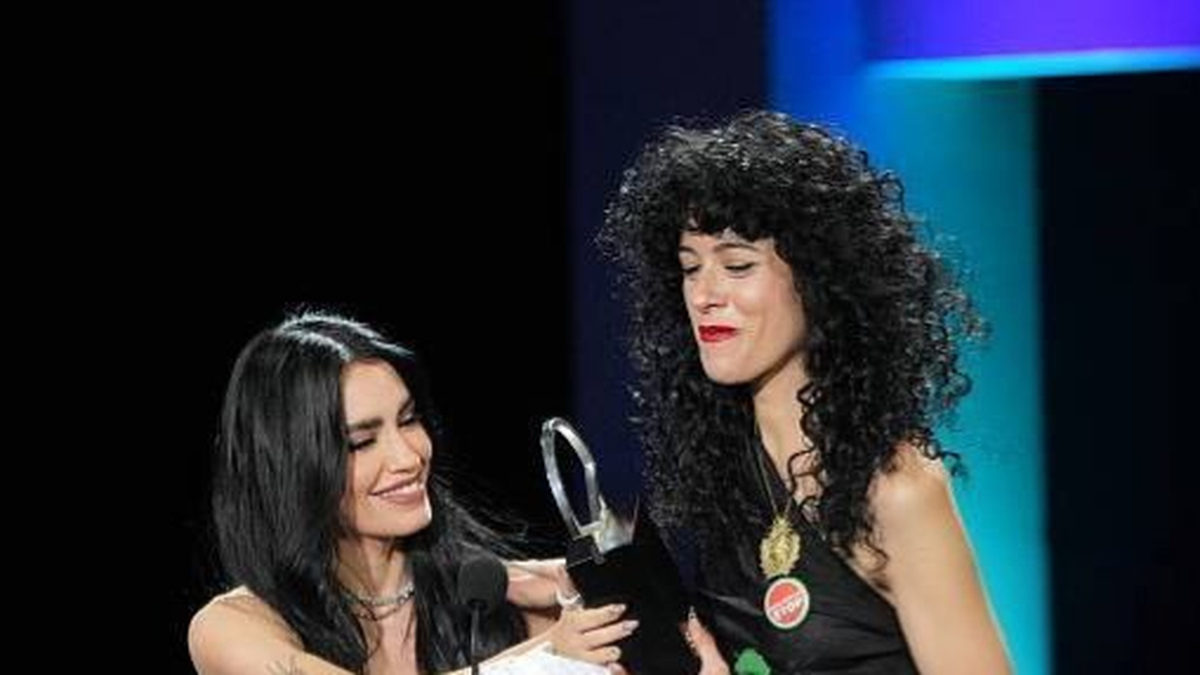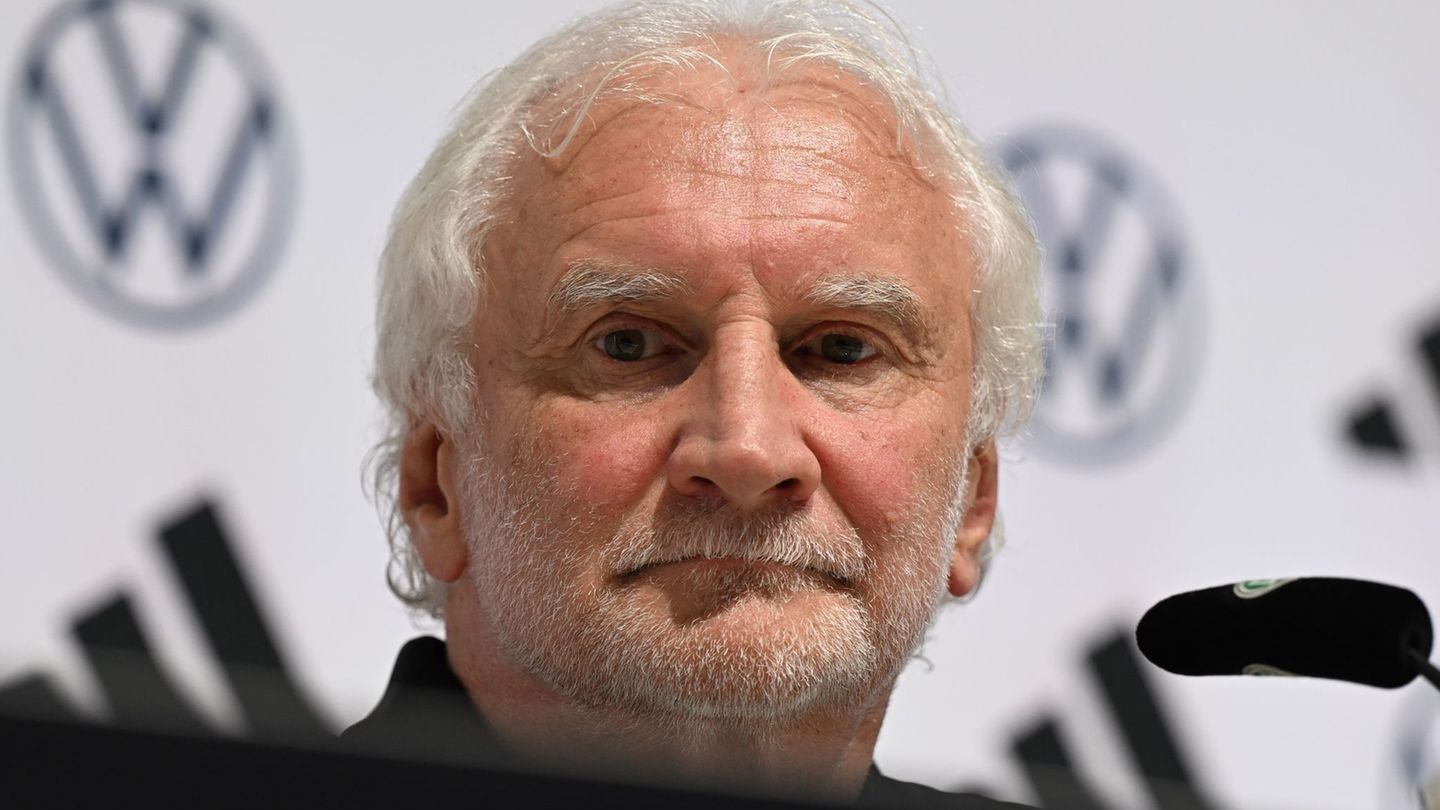Childhood is the first moment where we learn to love and be loved. However, There are 5 wounds that can occur at this stage that keep us from love And they are those that are directly related to emotions, which arise from one or several negative experiences (or interpreted as such) lived in childhood. These experiences leave a mark that can affect affective health when reaching adulthood.
The emotional wounds They originate at an early age and as a result of an event or traumatic experience that occurred in a timely manner or over time and more or less constantly. Some examples can be: the death of a family member, the depression of one of the parents, inadequate upbringing, abuse, the birth of a sibling and the jealousy associated with itamong others.
The first wound is the so-called abandonment wound, where loneliness is the greatest enemy. The lack of affection, company, protection and care affected both those people who are in constant vigilance so as not to be abandoned, as they feel an extreme fear of being left alone. Through this wound, behaviors such as abandoning both their partners and their projects early will arise. This responds, solely and exclusively, to the fear caused by reliving that suffering.
On the other hand, the appearance of the rejection wound It is caused by rejection by parents, family or peers. The pain that is generated by this wound prevents an adequate construction of self-esteem where the person feels invisible and has its origin in experiences of non-acceptance by parents, close relatives or friends, as the child grows.
When a child receives signs of rejection, the seed of self-hatred grows within him, he thinks that he is not worthy of loving or being loved and he internalizes this feeling, interpreting everything that happens to him through the filter of his wound. Thus, there will come a time when the slightest criticism will cause him suffering and, to compensate, he will need the recognition and approval of others.
The person who has suffered the pain of rejection in childhood has a panic, as an adult, of reliving that pain again. These people have a great fear of feeling that they are useless and that they are useless. For this reason, they prefer to flee to their cave of solitude when there is a risk that someone could make them feel that way.
To heal your scar, it is healthy to work on insecurities, gain greater confidence in ourselves and begin, little by little, to feel more capable.
The wound of humiliation It appears when we feel that others disapprove of us and criticize us. In children it is generated when we share their problems in front of others or when we compare them with others ridiculing them, destroying children’s self-esteem. Therefore, whoever suffered humiliation as a child considers himself less important and less worthy than he really is. They are people who tend to forget their own needs to please others and earn their love, approval and respect.
In this way, the type of personality that is generated is dependent and is healed through forgiveness towards the people who harmed it, making peace with the past in order to begin to value itself as the person it really is, the one that only he is responsible as an adult.
We also find the wound of betrayal that occurs when people close to the child do not keep their promises, making them feel betrayed and deceived, which generates a distrust that can turn into envy for not feeling deserving of what was promised and what others have. This situation, especially if it is repetitive, will generate feelings of isolation and distrust.
This emotional wound builds a strong, possessive, distrustful and controlling personality. The need for control predominates in the person so as not to feel cheated. They are people who attach great importance to fidelity and loyalty, but who tend to distort both concepts. In turn, they are extremely possessive, to the point of not respecting the freedom, space or limits of others, sometimes not letting them breathe. To heal this wound, you have to work on patience, tolerance, trust and the delegation of responsibilities to others. To avoid it to children, we must not promise in vain, be consistent in words and actions and always fulfill the promises we make to them.
Finally, there is the wound of injustice, originated when the parents are cold and rigid, imposing an authoritarian and disrespectful education towards the children. This emotional wound later generates adults who are not capable of negotiating or holding dialogues with diverse opinions. They find it difficult to accept other points of view and ways of being different from their own. And at the same time, their intentions usually revolve around gaining power and importance, being fans of order and perfectionism.
Source: Ambito
David William is a talented author who has made a name for himself in the world of writing. He is a professional author who writes on a wide range of topics, from general interest to opinion news. David is currently working as a writer at 24 hours worlds where he brings his unique perspective and in-depth research to his articles, making them both informative and engaging.




